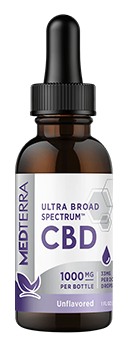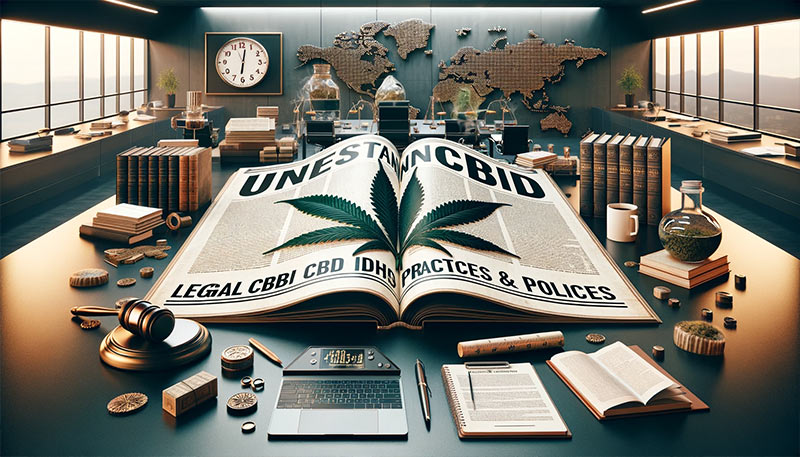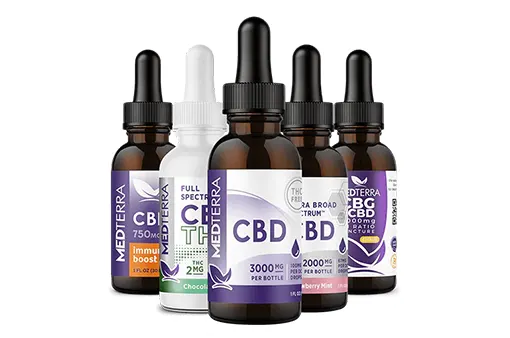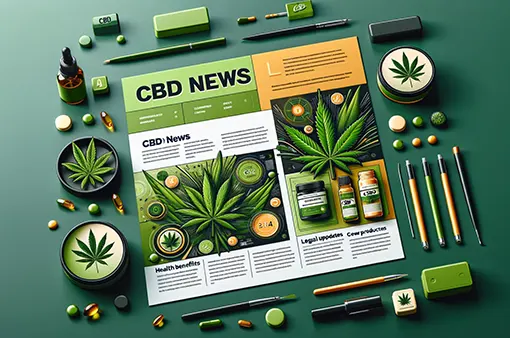Buy CBD Online
Our CBD List
Staples
Year Around CBD
Seasonal
CBD For Every Need

CBD Gummies
See our list of the best CBD gummies.
Multiple flavors, fun shapes, and a wide range of potency options.
750+ mg CBD / 0.0% THC

CBD Oil
Check out our list of the best CBD oil tinctures.
Choose between flavored and unflavored, several potency levels, and unique flavors.
1000+ mg CBD / 0.0% THC

CBD Cream
Review our top selections of premium CBD creams, salves, blams, roll ons and more.
See our list of everyday CBD creams, high potency sport creams, no scent options, and travel sized options.
600+ mg CBD / 0.0% THC

CBD For Pets
Enjoy our list of the best CBD products for pets.
Animals love CBD too and there’s a wide range of fun options to browse through. Oils, treats, and many more.
500+ mg CBD / 0.0% THC
Get Started Today!
CBD 101
Enjoy our guides to help you get started with CBD more easily.
CBD Beginners Guide
An essential resource for anyone new to the world of CBD (Cannabidiol). This comprehensive guide provides an easy-to-understand overview of what CBD is, its origins, and how it differs from THC, the psychoactive component in cannabis.
- Dosage
- Best CBD Products For You
- Side Effects
Learn how to use CBD safely.
CBD Benefits
Cannabidiol, is a natural compound gaining popularity for its numerous potential health benefits. While research is ongoing, many users report that CBD helps in managing anxiety and stress, offering a sense of calm and relaxation without the psychoactive effects associated with THC.
- Pain Relief
- Sleep & Stress
- Anxiety & Depress
Explore the science of the benefits of CBD.
Types Of CBD
CBD comes in various forms, each offering unique ways to incorporate this compound into your wellness routine. Each type of CBD offers different benefits and methods of consumption, allowing users to choose the best option for their individual needs and lifestyle.
- Product Types
- CBD Spectrums
- Consumption Tips
Check out how to safely use each type of CBD product.
Stay Up to Date
What If CBD Is Too Weak?
Key Points CBD Potency Variability: CBD strength varies due to extraction methods, plant...
CBD 101: Exploring Various Types Of CBD & Their Uses
Understanding The Different Types Of CBD Products Cannabidiol, commonly known as CBD,...

Understanding CBD: Legal CBD Idaho’s Editorial Practices & Policies
Cannabidiol (CBD) has rapidly become a significant player in the health and wellness industry, sourced from both hemp and cannabis plants. This...
Inbox Alerts
CBD Newsletter
Get weekly emails on CBD news, products, and coupons deals.

New CBD Flavors
Stay in the loop with our newsletter, where we unveil exciting new CBD products & flavors that cater to every palate!

CBD Events
Be the first to know about upcoming CBD-related events! From educational workshops to wellness retreats, we bring you insider access to events that enhance your understanding and enjoyment of CBD.

CBD News
Stay informed about the evolving landscape of CBD, including regulatory updates, health studies, and market trends.

Buy CBD Online
Shopping for CBD online offers unparalleled convenience and variety.
CBD Sales
Sales are a great opportunity to try new products or stock up on your favorites without breaking the bank.
Buy CBD Locally
Local health stores, pharmacies, and even some supermarkets now stock a range of CBD products.
